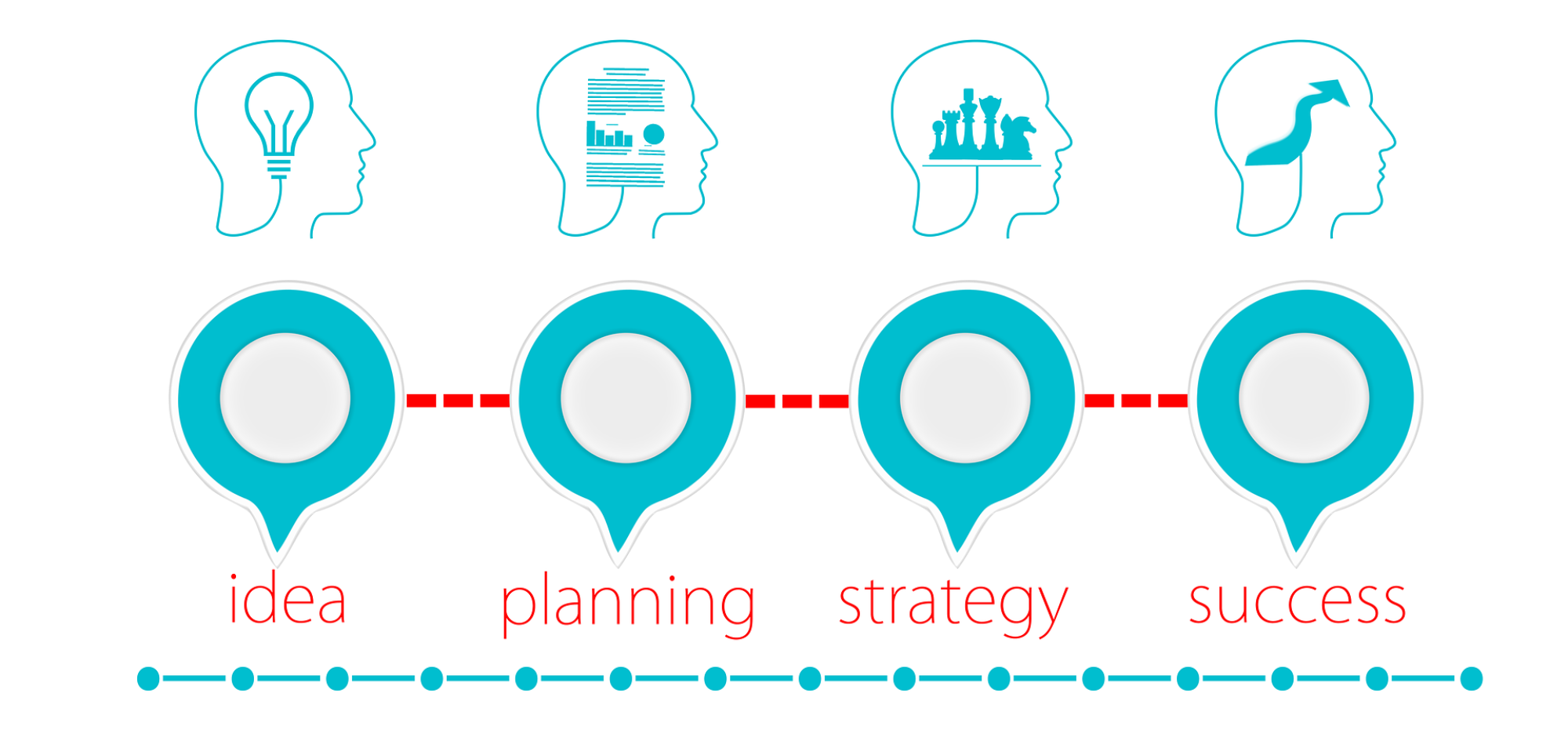Financial management can help your organization save money, meet stakeholder commitments, acquire a competitive edge, and plan long-term financial security. Financial management should be included in your long-term strategy and integrated into your company’s procedures. You might feel as though your finances are complicated and baffling, but the tips below should help you gain control.
• Have A Well-Thought-Out Business Strategy
A business plan outlines where you are today and aim to be in the coming years. It should detail how you intend to support your company and its operations, as well as how much money you’ll require and where you’ll obtain it.
• Keep an Eye on Your Financial Situation
You should keep track of your business’s progress frequently, according to Joseph Stone Capital. You should know how much money you have in the bank, how many sales you’re making, and your stock levels daily. Monthly, you should assess your progress against the goals you set in your business strategy.

• Ensure That Your Customers Pay You Promptly
According to Joseph Stone Capital, customers late with their payments can generate a slew of issues for businesses. Make your credit terms and conditions plan to minimize the chance of late or non-payment. Furthermore, you should deliver accurate invoices as soon as possible. You can keep track of your clients’ balances with the help of a computerized credit management system.
• Get A Handle on Your Daily Expenses
Even the most prosperous businesses might struggle if they don’t have enough cash to meet expenses like rent and salaries. You should be aware of the bare minimum that your company needs to stay afloat, and you should not fall below that.
• Improve Your Efficiency and Keep Your Overhead Costs Under Control
Is your company running at maximum efficiency? Changes in behavior and more efficient use of current equipment can help save energy and money. It’s one of the simplest methods to save money. Heating, lighting, office equipment, and air conditioning are all things to consider in an average workplace.
• Stocks are Under Control
Stock control that is efficient guarantees that you have the proper amount of stock accessible at the right moment, allowing you to avoid tying up your capital unnecessarily. You should set up processes to keep track of stock levels; controlling this will enable you to free up cash while also ensuring that you have the proper amount of product.
• Make the Financial Arrangements That are Required
You must choose the sort of funding for your business; each type gets customized to your needs. Personal loans and company overdrafts are more commonly used by small businesses. However, this isn’t the best solution for you.
• Take Deal with Problems as Soon as They Develop
Financial difficulties are stressful for any company, but there is help available to help you cope with them before they become too much to bear, so get professional advice as soon as possible. You can also make some preliminary measures to mitigate the impact, such as paying off your most pressing bills first and looking into ways to enhance your cash flow management.


